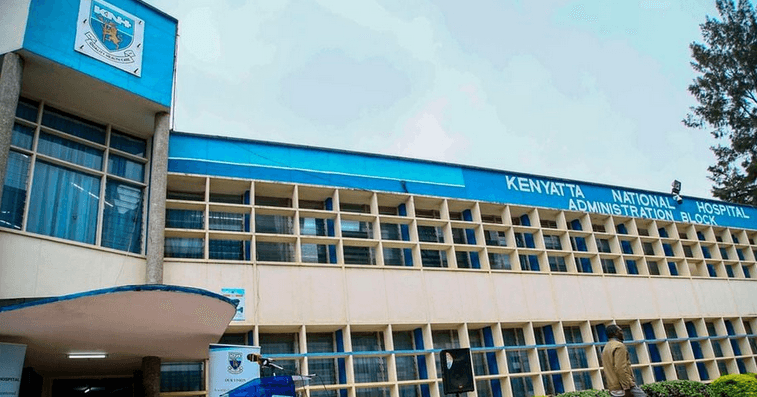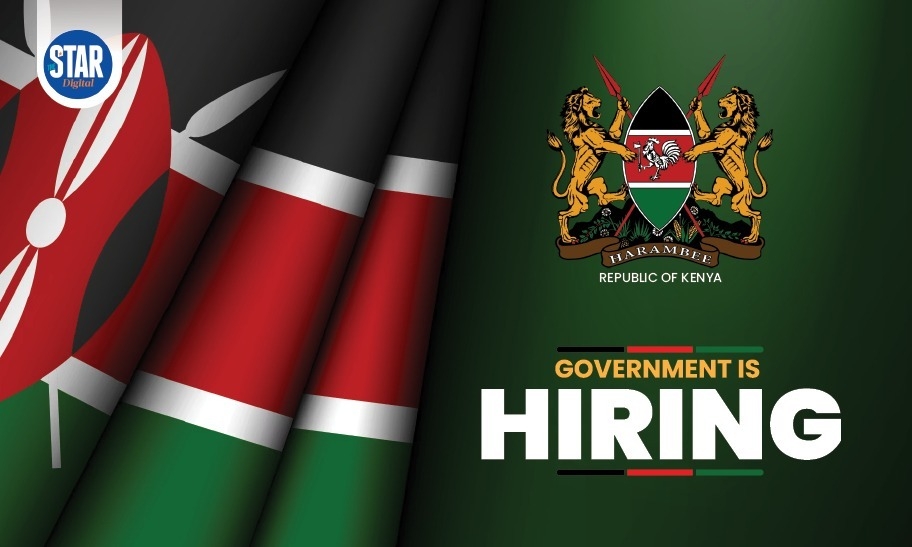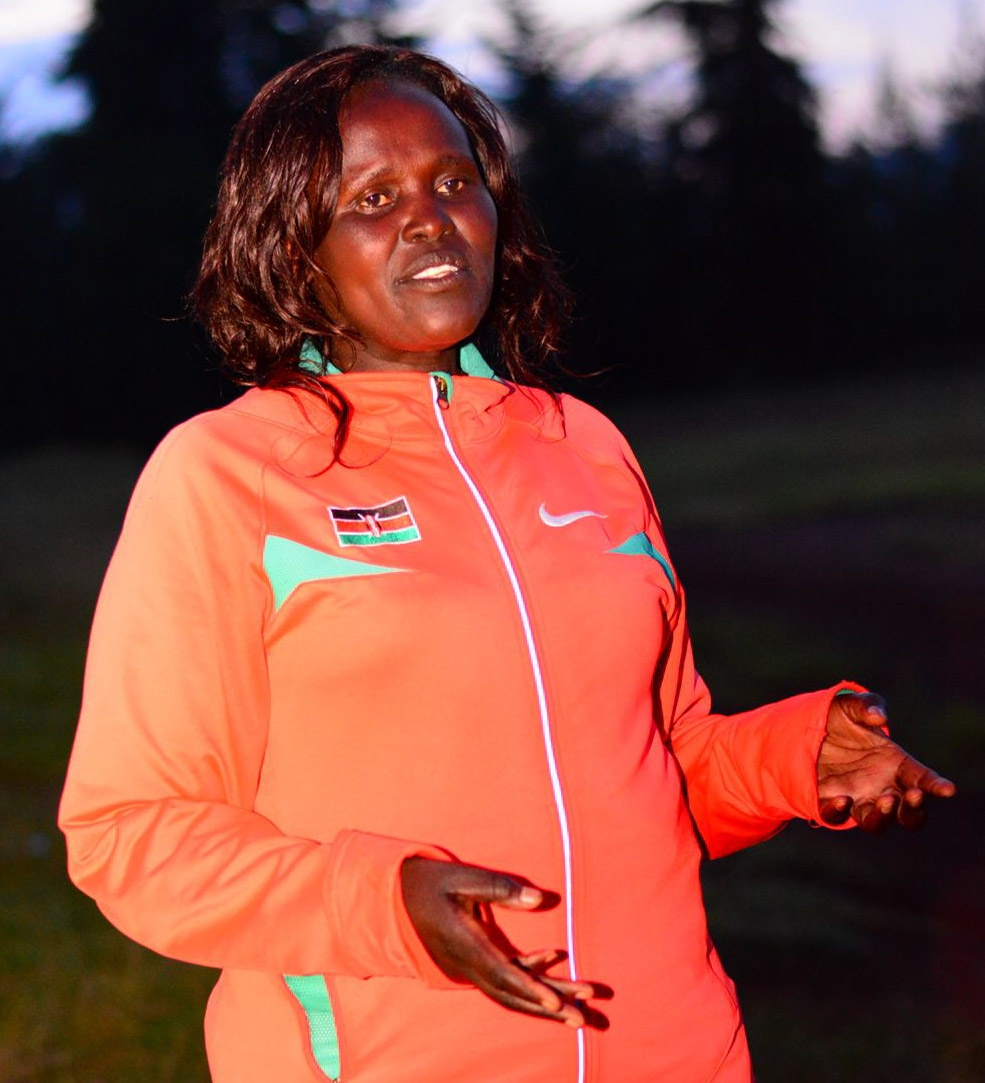Introduction
Civil Registration and Vital Statistics are key for a country’s planning and the distribution of resources and services. Birth certificates are essential to access government services in most countries.
About 92 per cent of births in Kenya are registered, as outlined in the Kenya Vital Statistics Report, 2021. Children who do not have birth certificates may be disadvantaged in accessing government services, including healthcare through the National Health Insurance Fund (NHIF).
As outlined on the Huduma website, one needs a birth certificate to register for national examinations and apply for a national identification card and passport. In Kenya, one also requires a national identity card to register a cell phone sim card, enabling one to transact using mobile money.
However, in low-income households, some people do not obtain these documents as they are unaware of their importance. They may also be discouraged by the sometimes-tedious process or by the transport cost to the government offices, especially those living in far-flung villages.
As a result, already vulnerable and disadvantaged households would be further excluded from essential government and digital financial services.
This blog describes how an evaluation study of a digital health program in rural Kenya unexpectedly revealed the extent of the problem and its negative consequences for the study population.
By enhancing the registration of young children, it yielded benefits that will last well beyond the lifetime of the program.
Context:
The Innovative Partnership for Universal Sustainable Healthcare (i-PUSH) program implemented an intervention geared towards digital training of community health volunteers (CHVs), improving quality at the health facility level, and providing partly subsidized, mobile phone-based access to National Health Insurance Fund (NHIF)[1] coverage for low-income households in Kenya’s Kakamega County.
This program was implemented by the African Medical and Research Foundation (AMREF) and PharmAccess Foundation.
A team of researchers from the African Population and Health Research Center (APHRC) and the Amsterdam Institute for Global Health and Development (AIGHD) evaluated the program to provide insights into the motivations, drivers, and challenges that hinder women and their families' access to good-quality health care.
The study also evaluated the impact of the intervention on health insurance enrolment and utilization of reproductive, maternal, newborn and child health (RMNCH) services. The evaluation study covered 240 households in 24 villages, where women of reproductive age between 18 and 49 were randomly assigned to the control or treatment group.
The study participants were either expectant or mothers with children under four years of age. During the study, we noted that 37% of children did not have birth certificates while 21% of mothers did not have identity cards.
“These families were interviewed at baseline, and the treatment group was subsequently offered support in enrolling for NHIF through a subsidized package offered by i-PUSH,” said Wendy Janssens, Professor of Development Economics at AIGHD and Principal Investigator on the project.
The project also required the mothers in the study to have access to mobile phones, which were used to enrol them into NHIF and for savings towards the NHIF premiums.
During the COVID-19 period, the i-PUSH research team purchased low-cost phones for the participants who did not own phones. The access to mobile phones doubled up as a benefit for remote data collection.
The challenge
While recruiting participants for the study, the research team realized that some households did not fulfil NHIF documentation criteria. “Some of the mothers did not have national identification cards. We also discovered that some children did not have birth certificates,” said Caroline Wainaina (APHRC), the research coordinator on the project.
The reasons for lacking these important documents included misplaced birth notifications or identification cards; the impression of some parents that the children were still young and thus did not need a birth certificate; parents being unsure of the birth certification process; and financial and time constraints in accessing the civil registrar’s office and documentation required for the process.
"I went to apply for a national identification card and when I reached the stage of taking a passport photo, they referred me to a studio at Khwisero where they were asking for 200 shillings which I did not have. I asked my husband, and he said I should wait until he gets money," said one of the women who was interviewed as part of the study.
The lack of documentation meant fewer people were eligible for the NHIF health insurance subsidy from the i-PUSH program.
This proved a challenge that the implementing partners and evaluation team had not foreseen “During the planning phase of the project, we had not anticipated these gaps,” said Bernard Kosgei, one of the I-PUSH partner team members.
The process
The research team proactively mitigated the challenges encountered through community and policy engagement. The team liaised with the civil registrar’s office, which engaged the community in raising awareness of the importance of having identification documents. “We facilitated a visit for the registration officials to sensitize the participants on the information required to acquire IDs and birth certificates,” said Kosgei. Working with community health volunteers, the research team helped
households collect the documents required to facilitate the registration process. The team also helped mothers obtain documentation from health facilities and area chiefs required to obtain birth notification and birth certificates. The project facilitated the birth certificate process by paying the required fees. Through persistent follow-up, most of the women could get the birth certificates for their children.
“The project team, with support from PharmAccess’ staff on the ground, was able to enhance collaboration between the local civil registration office and NHIF to expedite the process of obtaining birth certificates and registration for eligible minors,” added Prof Janssens.
This enabled mothers to obtain birth certificates for their newborns and older children to ensure all their family members were covered under NHIF.
This collaborative effort resulted in a shorter turnaround time for families to obtain birth certificates and ensured that they incurred no transport costs when the registration team went to the communities.
This was an essential benefit as some participants were not economically empowered and thus could not afford the Sh200 – Sh300 bodaboda (motorbike) taxi fees to get to the registration offices.
Impact on the local communities
The efforts to increase registration and provide birth certificates for young children produced two longer-term benefits for the local communities.
First, the certificates will be life-long assets to the children and enable their eligibility or access to a range of other essential services beyond the one-time coverage of health insurance support by i-PUSH.
Second, the challenges encountered in the field made local government officials realize the extent of the problem after the field team met with them and explained the challenges encountered.
These unexpected findings were unrelated to the academic and evaluation outcomes of the i-PUSH project.
Recommendations
Though this process was helpful in enhancing the registration of the study participants, it is neither scalable nor sustainable. There is a need for better strategies to ensure that all children have birth certificates, independent of specific programs or interventions.
The push to implement Universal Health Coverage (UHC) countrywide would strongly benefit from ensuring the public is sensitised on the importance of obtaining identification documents.
Therefore, the team recommends the following:
- To further strengthen alignment between local registration and health officials, health facilities should sensitize parents and caregivers on the importance of acquiring the birth certificate beyond processing the birth notification.
- Local administration should sensitize the public on the process of obtaining identification documents.
- It is crucial to bring civil registration services to the communities; this can be done through mobile/portable camps and partnering with non-state actors such as UNICEF.
- Stakeholder mapping is critical in understanding who fits where, thus ensuring that all key actors in implementation are engaged at community and policy levels.
- As the country prepares to roll out SHIF, we recommend that the government considers assisting disadvantaged people to acquire the necessary identification documents to enable them to access the insurance benefits.

















